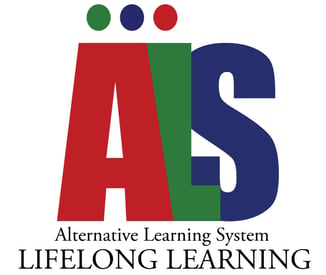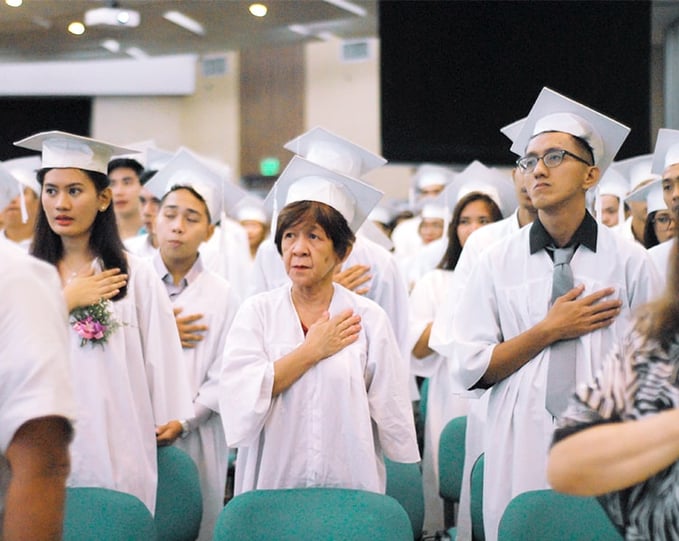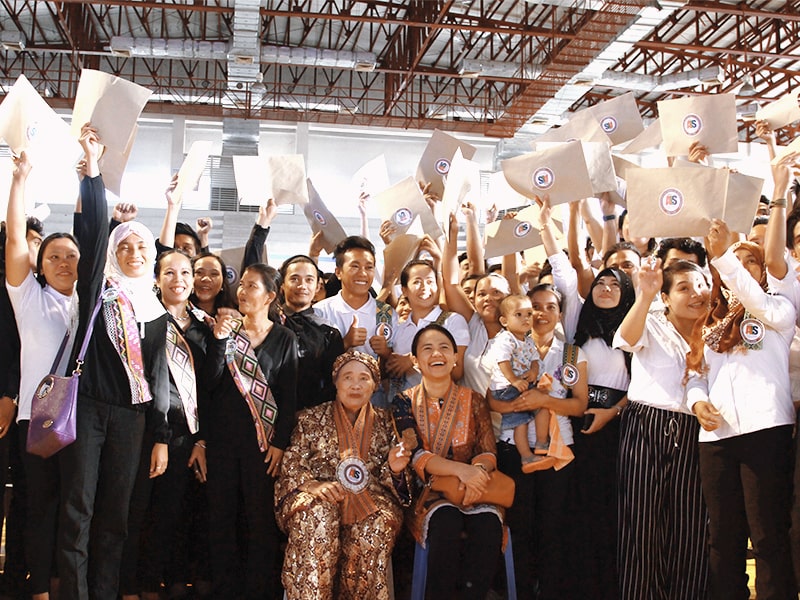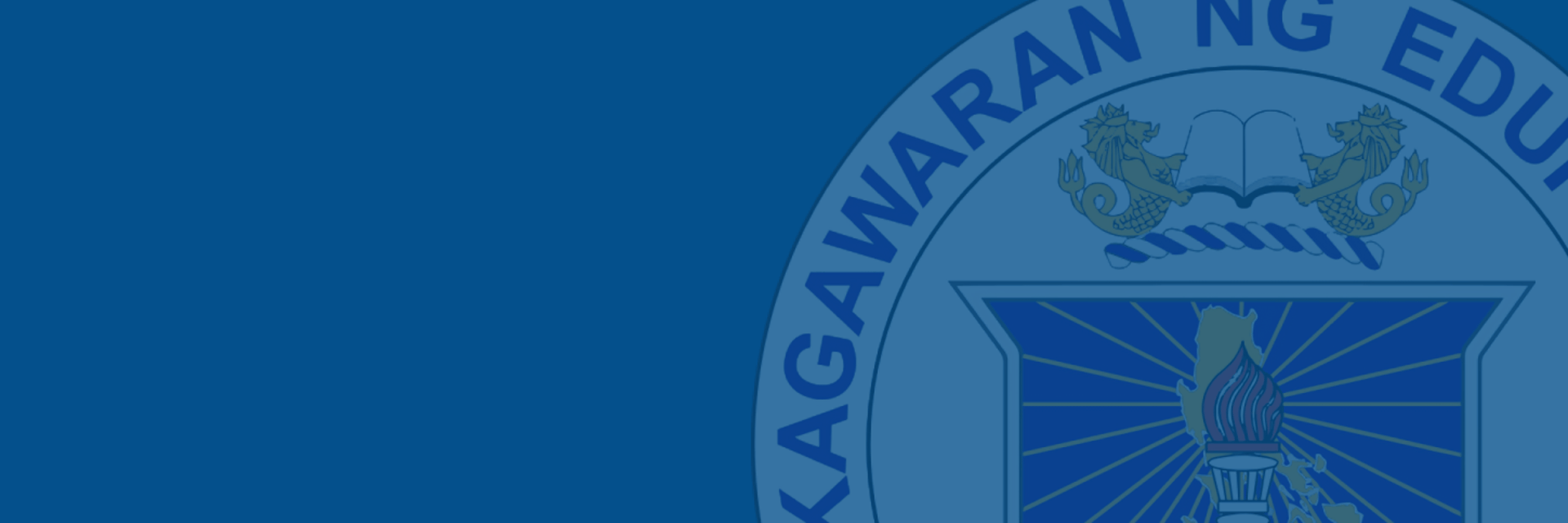The Alternative Learning System (ALS) in the Philippines offers out-of-school youth and adults a second chance to gain basic literacy and complete basic education through flexible learning. Reforms since 2016 led to an enhanced K-12 curriculum, ALS Program 2.0, and a strategic roadmap. Monitoring and evaluation systems, ICT plans, and a research agenda were launched to improve program effectiveness. The ALS Report 2023 documents the program's transformation and outlines future goals for a quality and accessible alternative education pathway.
The ALS Program uses a contextualized non-formal curriculum which is substantially aligned with the K to 12 Curriculum for Basic Education of the formal school system, but it is not the mirror image of the formal school curriculum. It is aligned but not identical. This takes into account the prior learning of its learners and reflects the indicators of functional literacy into six interrelated learning strands.













